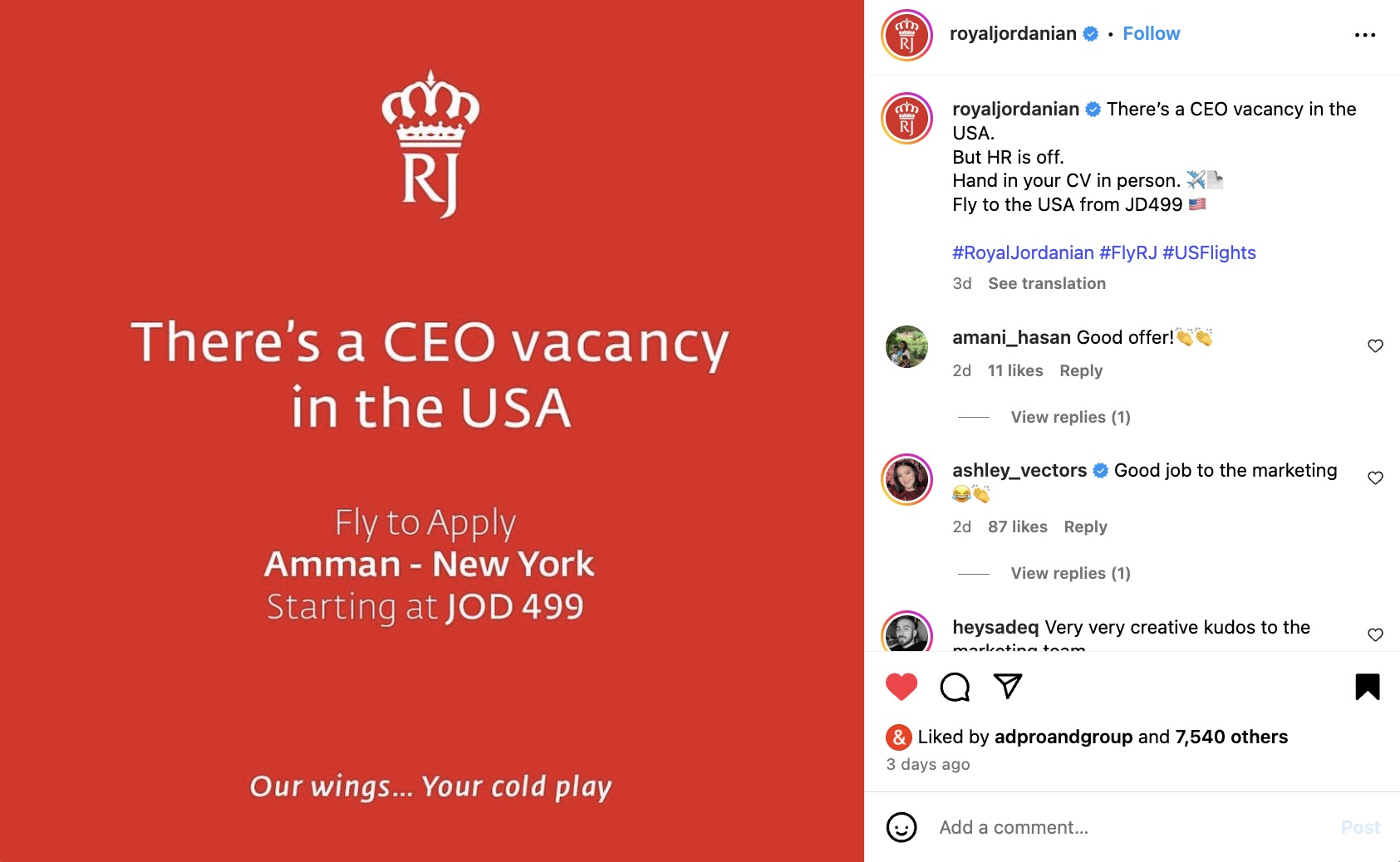News - Advertising
Saudi Arabia’s cultural renaissance
by Iain Akerman
January 11, 2023
.jpg) Advertisement
AdvertisementThere has never been a more exciting time to be a creative in Saudi Arabia. As the country sheds its cloak of conservatism and opens up to the world, a generation of artists, designers, photographers and filmmakers are helping to transform the kingdom’s cultural landscape.
Young Saudi creatives are flourishing. They are making the most of the country’s remarkable journey towards liberalisation to create a liberated and innovative aesthetic that draws on the country’s rich cultural tapestry. You can see it on the streets and on movie screens, in the pages of magazines and across social media. Everywhere you look a cultural renaissance is under way.
“In a unique transformative time in the kingdom, we are proud that the creative ideas coming from the Saudi market today are peeling off the layers to showcase the real Saudi culture,” says Rayyan Aoun, executive creative director for Saudi Arabia at Wunderman Thompson. “To shed the light on unspoken human truths and allow the whole world to explore Saudi and its people. In recent years, the Saudi creative scene has been flourishing like never before, with the talent that has always been there finally given the stage to shine and be recognised. There’s a newfound sense of liberation that stems mainly from the unlimited, unprecedented support and opportunities artists are receiving from the highest authorities in the kingdom to help take the local art scene to new altitudes.”
The country is in the midst of a cultural resurgence and film is at its heart. Significant sums of money are being poured into the industry in the form of grants, film labs, festivals and production concessions. Nowhere is this more apparent than at the Red Sea International Film Festival in Jeddah, where a Saudi film – Valley Road – closed the festival’s second edition and a further 24 features and shorts were either in competition or included in the line-up.
“It’s the filmmakers who are the talk of the town nowadays,” says Aoun. “After years of shy, individual, though successful attempts, Saudi directors are finally living the golden age of Saudi filmmaking, be it by creating feature films, short and experimental ones, or even ads. Saudi directors, armed with talent, passion, academia, and governmental support are a force to be reckoned with.”
One of the biggest winners in the content creation space has been Telfaz11, which began life creating videos for YouTube back in 2011. Two years ago the digital content studio partnered with Netflix to produce eight feature films – and in late December that deal began to bear fruit. Al Khallat, the first film to be released through the partnership, premiered at the Red Sea International Film Festival and is due to be released globally on Netflix in January.
“It’s a dream come true but we knew it was a matter of time,” says Mohammed Algarawi, director of operations at Telfaz11 and a producer on Al Khallat. “It was a vision from the get go. We had to manoeuvre the past 12 years, but we knew for a fact that with the opening of cinemas and then with international interest from Netflix and other platforms that we’d make it to where we wanted to be. And that confidence from the platform and from the team is basically what kept us going. There was a lot of support and we were given the full freedom to do whatever we wanted to do. And that trust from Netflix was more of a responsibility on our shoulders, so we really had to do it right.”
Anybody who has been involved in content in Saudi Arabia during the course of the past decade will need no real introduction to Telfaz11. It was they who released the No Woman, No Drive video way back in 2013, and the studio’s content has been deeply rooted in Saudi culture from day one. Al Khallat, for example, began life as a comedy sketch show and ran for 22 episodes, amassing over 1.5 billion views along the way.
“What we wanted to do throughout was to tell stories,” says Algarawi. “Given the context of the past 10 years, we thought that YouTube was the best place to put out our content. So we started training for a good 10 years – writing, producing and directing – and Khallat was one of these projects that helped test things out, tease out different insights from the audience, train our talent, till we had the chance to put this out as a Netflix original, which is no small thing to be honest. Khallat is the kind of tried and tested formula and we wanted to start big with something that we’re confident with. But we also want to experiment and try new things.”
“There are huge opportunities for filmmakers now and there is responsibility as well to tell the stories in the best way possible.”--Moe Alatawi, film director
Telfaz11 had four films at this year’s Red Sea International Film Festival, including Mohamed Al-Salman’s Raven Song, and Sattar, a wrestling comedy directed by Abdullah Al-Arak. The former has been selected by the Saudi Film Commission to represent Saudi Arabia at next year’s Academy Awards.
Separately, the Saudi Film Commission supported Moe Alatawi’s Within Sand, the first Saudi film to be shot at NEOM. The film, which had its world premiere at the festival and was part of this year’s Red Sea Competition, was produced by Reem Alatawi and Riyadh-based Alsarid Films.
“There are huge opportunities for filmmakers now and there is responsibility as well to tell the stories in the best way possible,” says Alatawi. “And I think it’s a chance for us to express ourselves cinematically and to tell our own stories and there is the support and the encouragement. I think we have to capitalise on that and I hope that this will be the beginning of a film wave, not only in Saudi Arabia but the whole of the Middle East.”
“That trust from Netflix was more of a responsibility on our shoulders, so we really had to do it right.”--Mohammed Algarawi, director of operations, Telfaz11 / Al Khallat producer
That encouragement comes in the shape of initiatives such as the Red Sea Fund, which provides financing for a whole raft of projects on a rolling basis. But Saudi Arabia also has its sights set on becoming a production hub, with the Saudi Film Commission offering financial refunds of up to 40 per cent to regional and international producers who shoot in the country.
NEOM, a planned futuristic development in the country’s northwest, is incentivising filmmakers through the recently-launched NEOM Media Village and Bajdah Desert Studios, and the Royal Commission for AlUla has launched Film AlUla. The latter features some of the country’s most remarkable landscapes, with Film AlUla offering access to financial incentives for films that shoot at its locations.
“We are proud that the creative ideas coming from the Saudi market today are peeling off the layers to showcase the real Saudi culture.”--Rayyan Aoun, ECD, Wunderman Thompson KSA
If this all sounds too good to be true, there are words of warning from a Telfaz11 alumni. Hisham Fageeh, an actor, comedian, producer and former head of content at Telfaz11, is worried that too much emphasis is being placed on Hollywood and too much is trying to be achieved too quickly.
“I see words like Saudi and Hollywood in tandem and I think it’s a little bit problematic,” says Fageeh, who starred in the hit Saudi movie Barakah Meets Barakah. “Because I’ll look at something like the British film industry and I can see it struggles to even try to copy or synthesise Hollywood because it simply cannot be. And not because one is superlative over the other, it’s just they’re not the same.
“In America you have the incredible independent films and movements that are happening, and the auteurs that are being synthesised, usually in New York, and then Hollywood sort of does the different thing. But then collectively those things make up what America is. I want to have that diversity. Sure you can have your over-produced, pulpy, extravagant, ridiculous films – and I have fun at those films sometimes – but you also have to have stuff that’s deeply sensitive and meditative and that stuff is not supposed to be entertaining. And I think we need to explain to people that they’re different.”
Fageeh, who has formed a production company called Dh’Bab with producer Sultan Tamer, is currently working on a horror called Grave Sin. He has locked a decent treatment, has a visual pitch deck, and is looking for co-producers.
“I beg all my sort of colleagues to just think in terms of sustainability,” he says. “And this also goes out to the people that are decision makers – gate keepers if you will. Let’s think about building a healthy future – and I know that’s like an exhausted sort of platitude, but I mean it. It’s unsustainable for us to do everything. We’re being pulled in a lot of directions and it’s beautiful and we also have the PTSD of not being able to make films, so we have the survivors guilt of being like ‘well, now we can make films so we have to say yes to everything’. Sure, we’re passionate, but it is a job and you can’t let that guilt and that shame of being like ‘I do something for a living that I love’ drive you to insane unrealistic sort of standards.”
“Let’s think about building a healthy future – and I know that’s like an exhausted sort of platitude, but I mean it.”--Hisham Fageeh, actor/producer, co-founder of Dh’Bab
How does this all impact the world of advertising? Well, advertising feeds off popular culture. A country’s visual art, music, dance and film are the lifeblood of any agency’s creative output. It is up to the agencies themselves to make the most of it.
“Through our partners and clients, our main focus today is to empower those enthusiast young talents and embrace them,” says Aoun. “There is no better scene than passionate ‘local’ talents who are excited to perform and do what they really love. Marrying young emerging Saudi talents with creative experts within agencies have led to successful creative outcomes – taking local cultural and behavioural insights and packaging them in beautiful and engaging storytelling.”


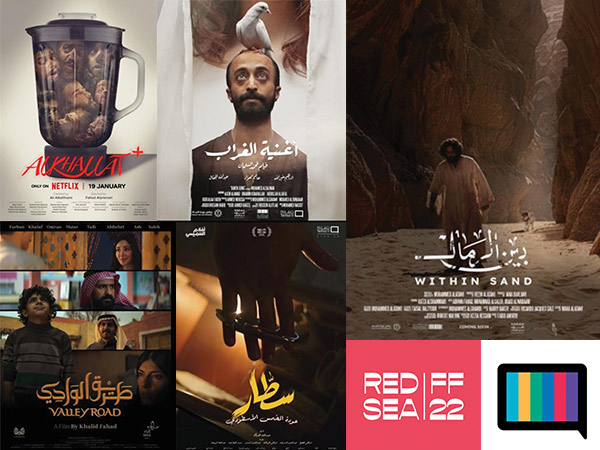
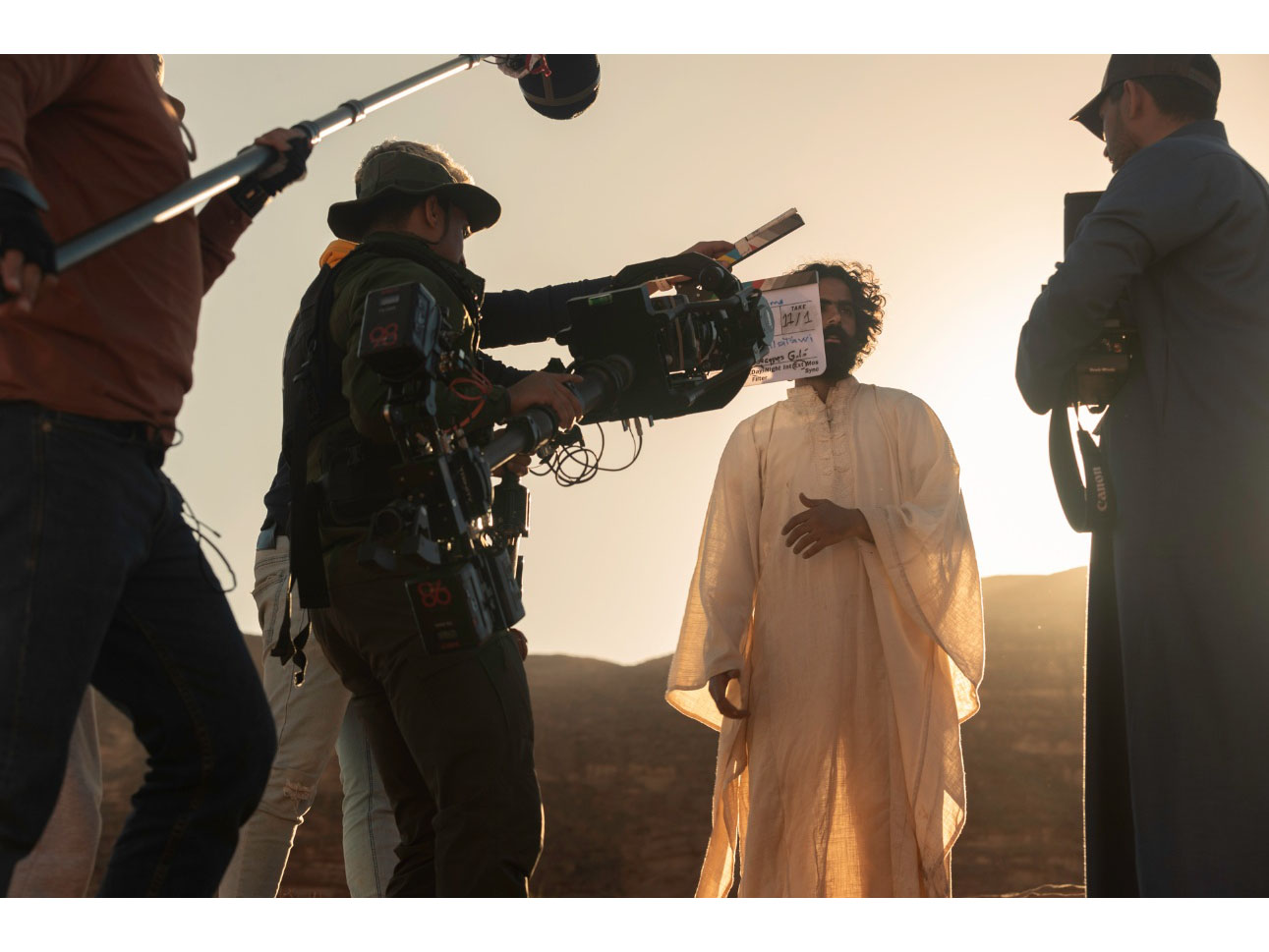
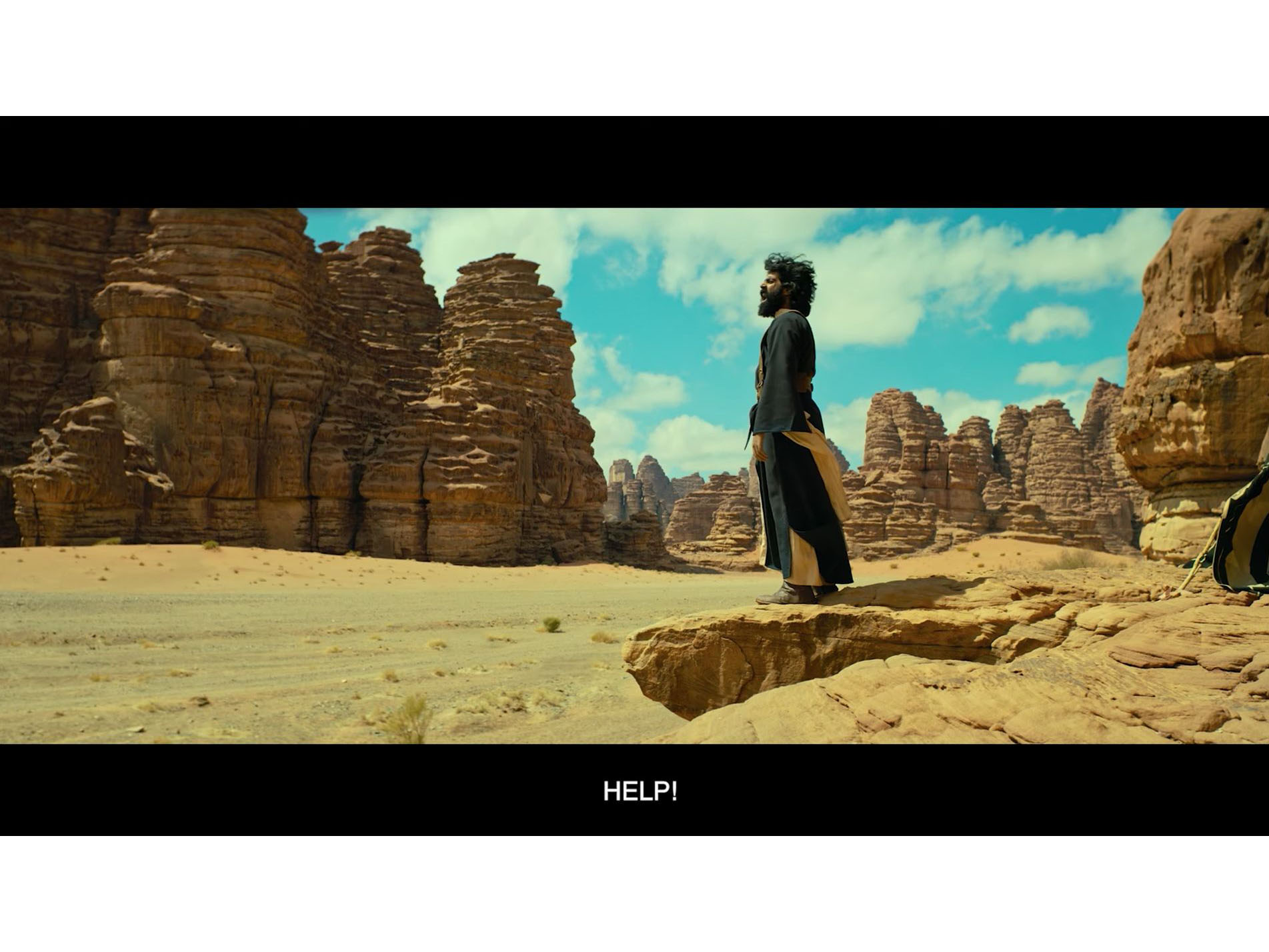
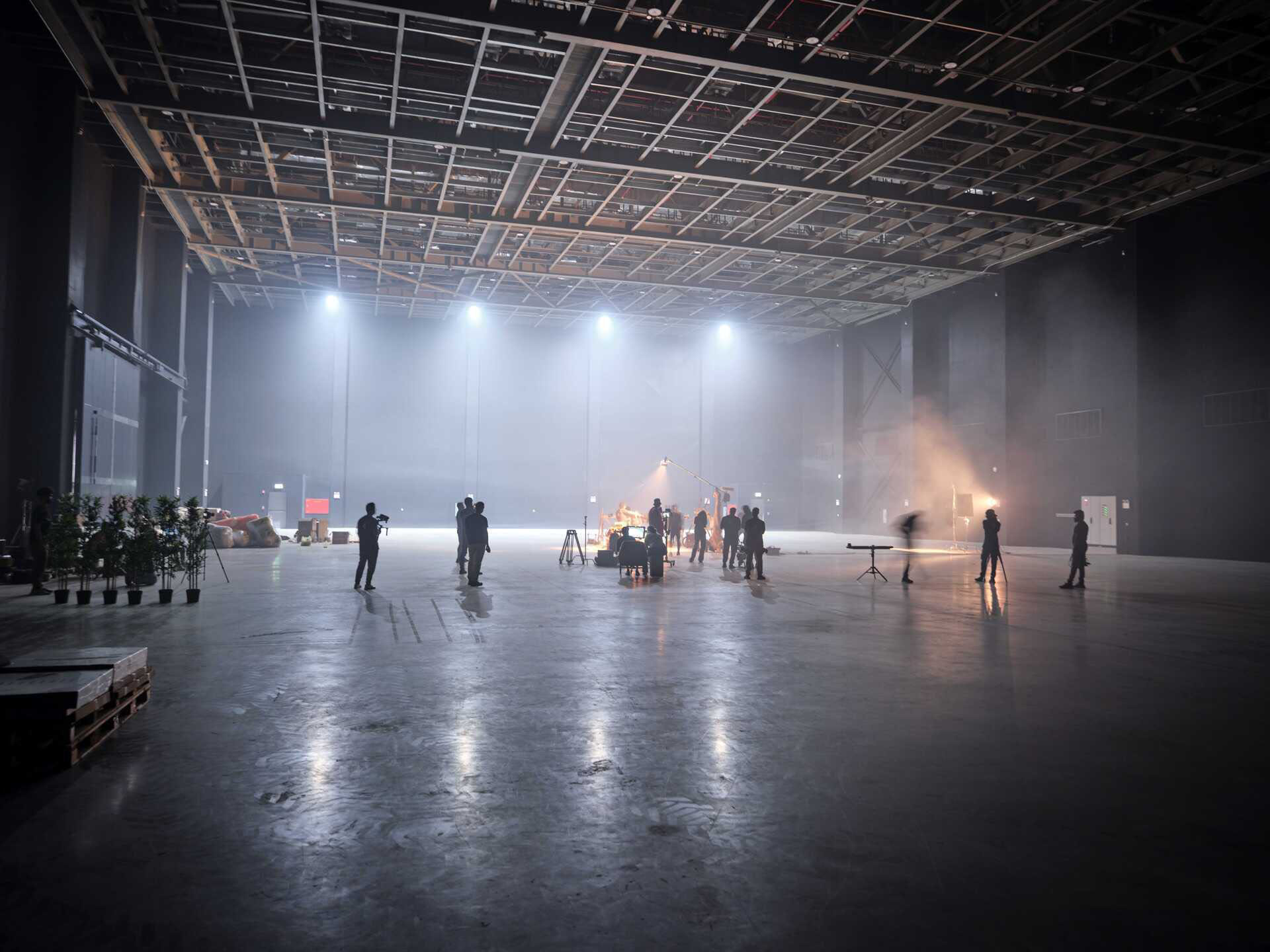
.jpg)
.jpg)
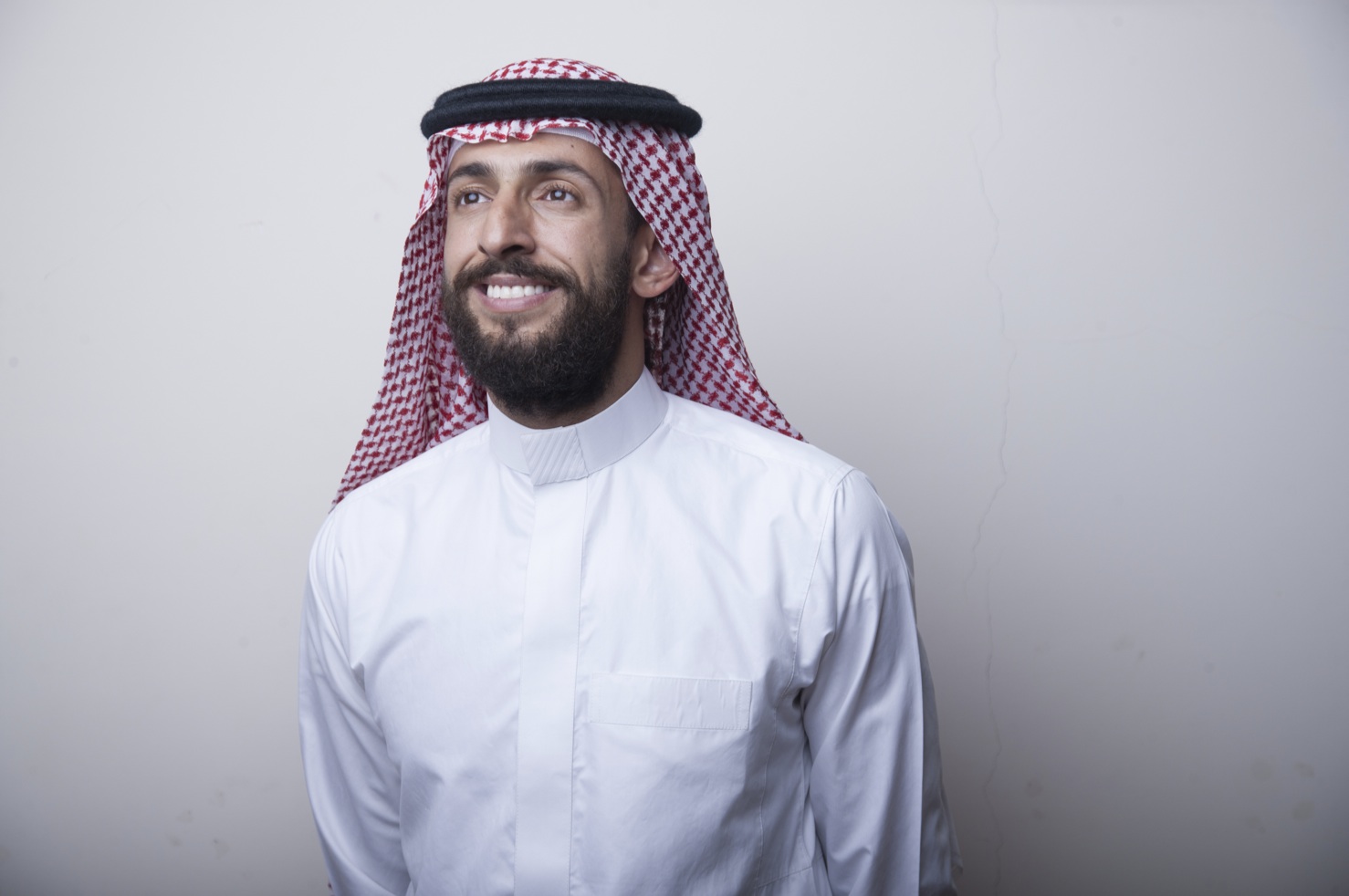
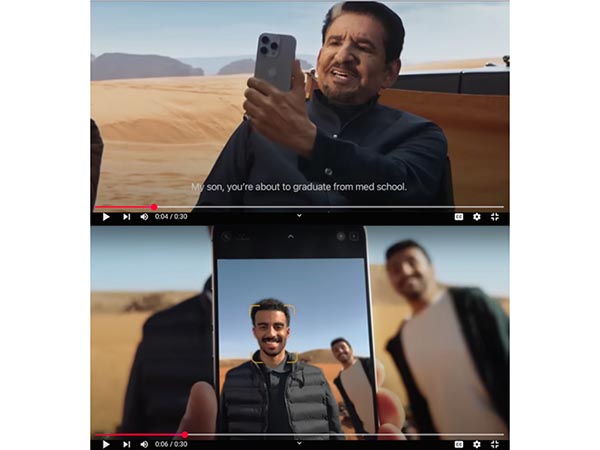
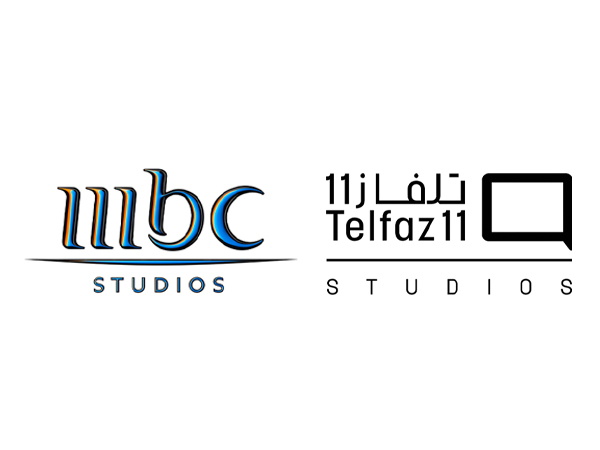
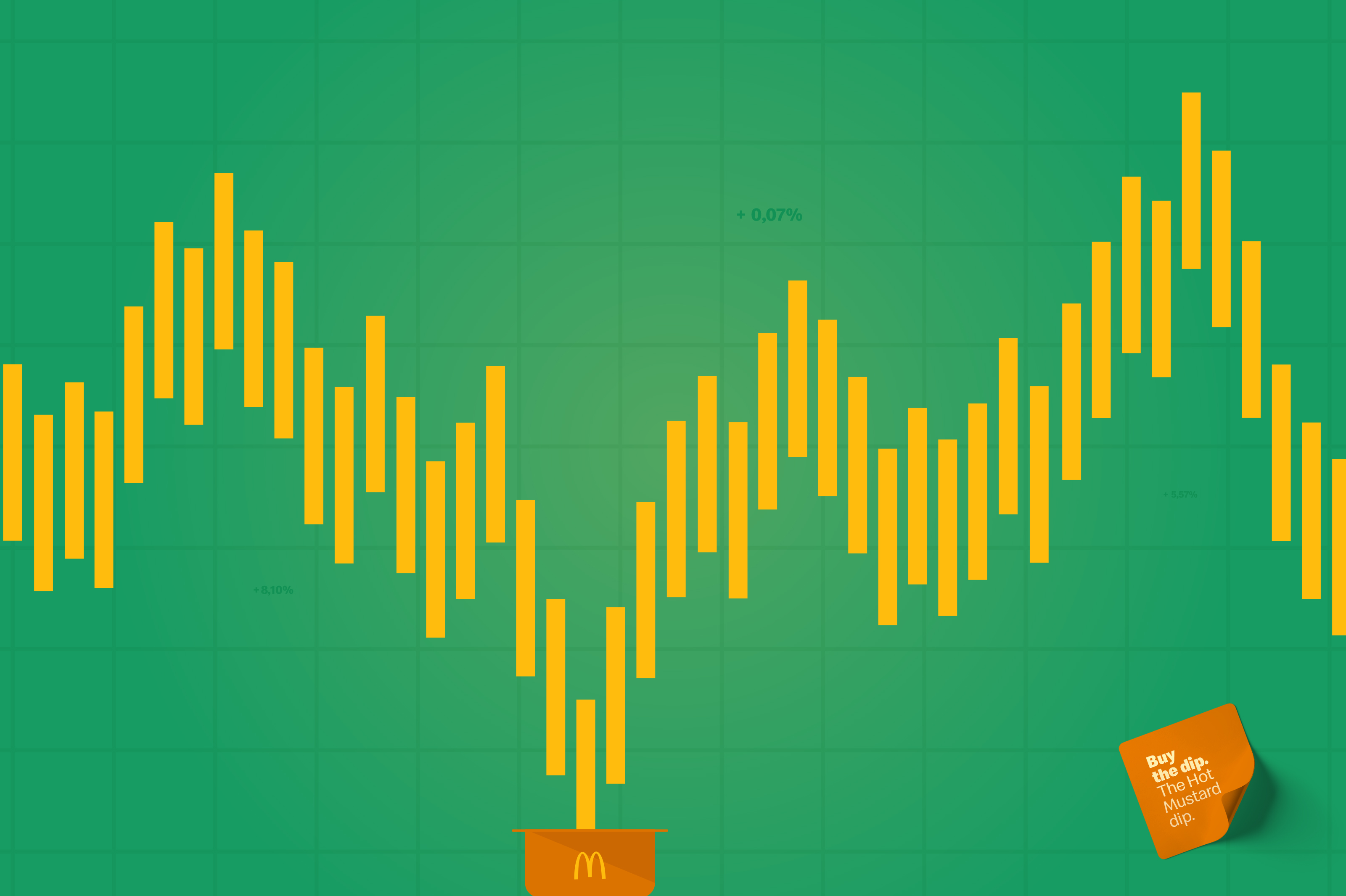
.jpg)
